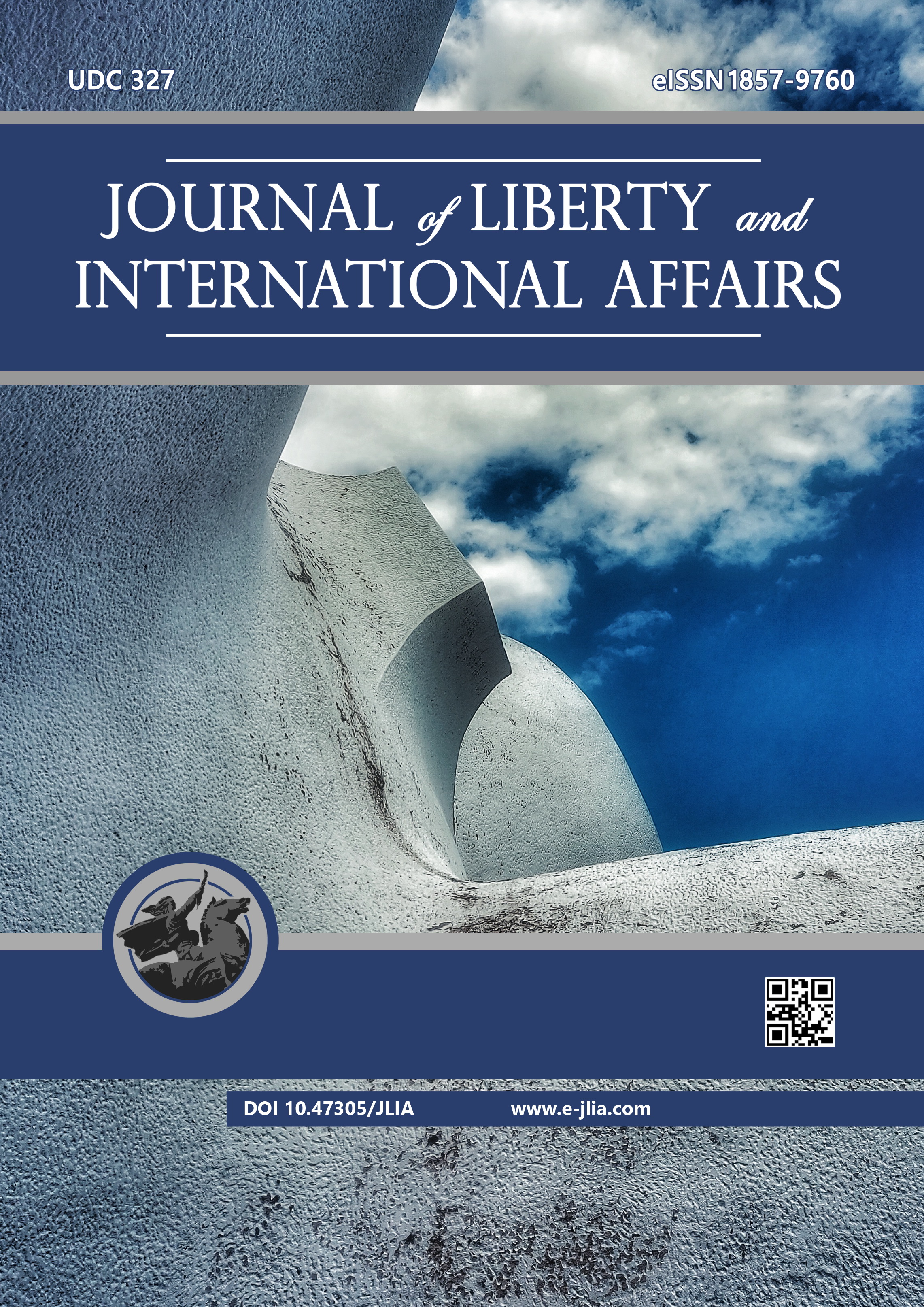
THE DYNAMICS OF DEMOCRATIZATION AND THE IMPLICATIONS ON THAILAND’S FOREIGN POLICY
As Thailand undergoes a long democratization process, significant barriers to the country’s consolidation of democracy include reserved domains and tutelary powers. While states are usually treated as homogenous units in understanding their behaviors in the international arena, the internal processes are important determinants of states’ actions. Therefore, the swings in the embeddedness of Thai reserved domains and tutelary powers can shape the domestic constraints that governmental actors face in foreign policy formulations. In this paper, the Thai democratization trajectory was investigated in a comparative study to trace the changes in the prevalence of reserved domains and tutelary powers in different periods. Then, through an exploration into Thailand’s foreign policy decisions that the country enacted towards the major powers and the neighboring countries in the Cold War and the post-Cold War periods, these foreign policy actions were scrutinized in connection to the dynamic of the decision-making apparatus of the time. The information was compiled through official papers, government statements, newspapers, and scholarly literature. The paper demonstrates that when tutelary powers and reserved domains are highly embedded in the policy-making structure, and conflicting standpoints on a foreign policy decision are presented, the outcomes of the policy-making process will lean towards the camp advocated by the non-democratic actors.
More...

